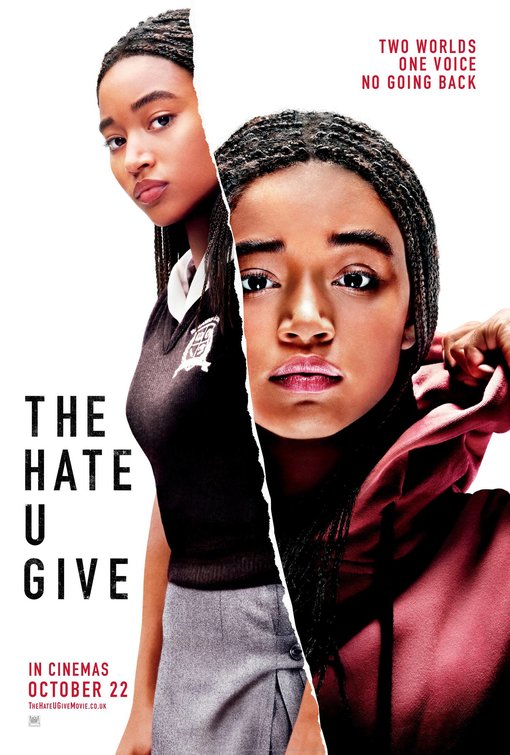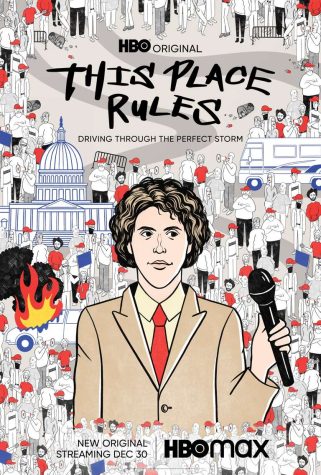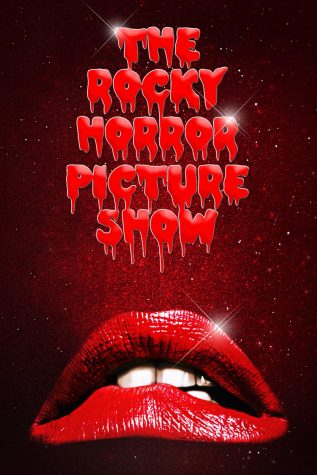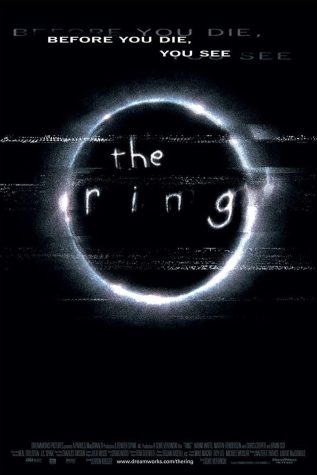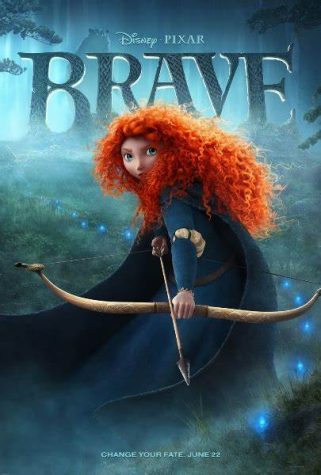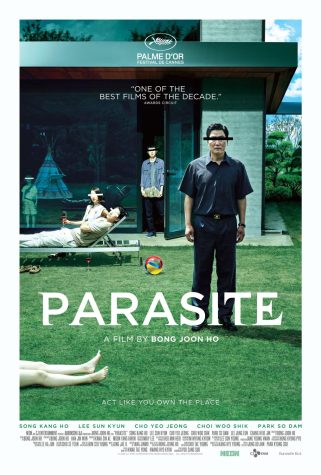“The Hate U Give”
A powerful young adult novel comes to life as a movie and discusses a very real problem in society
“The Hate You Give Little Infants F– Everybody.” Coined by rapper Tupac Shakur, this is the theme and namesake of this movie. Based on the best selling young adult novel by Angie Thomas, it took off by sparking conversations about police brutality, racism, and racial injustice. With a screenplay written by the late Audrey Wells, directed by George Tillman Jr., and acted out by a star-studded cast featuring Amandla Stenberg, Regina Hall, Russell Hornsby and Algee Smith, this story provides a powerful reflection of the current political climate.
“The Hate U Give” is the story of Starr Carter (Amandla Stenberg) as she navigates between two worlds: the neighborhood where she was raised and still lives — Garden Heights — where she doesn’t feel black enough and the school her parents send her to — Williamson Prep — where she tries to not seem black at all.
After a party in Garden Heights breaks into a fight, Starr and her childhood friend, Khalil (Algee Smith), make an escape. During the car ride, Khalil and Starr reminisce on their childhoods; Khalil then reveals he has been working for the biggest gang in the neighborhood, the Kingpins, in an attempt to help his sick grandmother. As they turn a corner, red and blue lights flash in the rearview mirror. Starr remembers her father’s warning on how to deal with police officers: put your hands flat on the dash where they can see them, do as they say, and do not argue. Khalil steps out of the car, and as the cop runs his license, he steps back to the car window, amidst Starr’s protests, and reaches for his hair brush. Shots ring out in the streets. Starr forgets all she’s been told and rushes to Khalil’s side. Promptly handcuffed, Starr is forced to watch as her unarmed friend dies.
This movie came at the perfect time. The Black Lives Matter movement has been full-speed since the death of Trayvon Martin in 2012 and George Zimmerman’s acquittal in 2013. Since Martin’s untimely death, it seems it’s been hashtag after hashtag of unarmed black people killed at the hands of police officers. There’s a clear divide that this movie addresses head-on. Starr is traumatized to speak as a witness of a tragic murder, with gang leader King (Anthony Mackie) not wanting her to “snitch” about Khalil’s involvement with the Kingpins, and her friends at Williamson Prep don’t grasp the severity of the issue.
This movie does some things really well. Starr’s family is supportive of her, encouraging her to speak her side of the story. Her mother (Regina Hall) wants the family to move from the dangers of Garden Heights while her father, Maverick (Russell Hornsby), is determined to stay and improve the community he loves. Starr’s uncle, Carlos (Common), a cop and a father figure to Starr, is conflicted with his profession and the people he loves. The microaggressions Starr has to deal with at the hands of her supposed friend, Hailey (Sabrina Carpenter), are hard to watch but are relatable in the black community. Starr has to teach her white boyfriend, Chris (K.J. Appa), that to love her is to love her color. Stenberg gives great emotional depth as the leading character, and her character’s growth from beginning to end is satisfying to watch.
For those that read the novel or intend to, the movie does not follow the book exactly. The movie, however, does change the dynamic of the story by leaving out certain characters from the novel and creating an alternate ending. However, the movie still feels complete even without the stories of a few novel characters. The dialogue of the teens in this movie felt a bit forced, as though they were trying to shove in as much slang as they could, whereas the book feels authentic without trying too hard.
Controversy has also been sparked by the lead, Amandla. In the novel, Starr was described to be a dark-skinned girl. However, Amandla has a very light complexion, and many felt that Amandla should have passed the role to a dark-skinned actress. Amandla has spoken before about turning down a role that felt as if it should have been played by a darker-skinned woman, so many critics wonder why this was a different case.
Although controversial, movies like this need to exist because problems like this still exist. It may be hard or uncomfortable to watch, but the issues involved are hard and uncomfortable, and they need to be faced. Movies like this allow people to reflect on themselves, questioning how they feel. I’m not saying this movie can change the world or that any one movie can, but if it opens a few eyes, then I think it will be successful in its purpose.
Rating: B+



